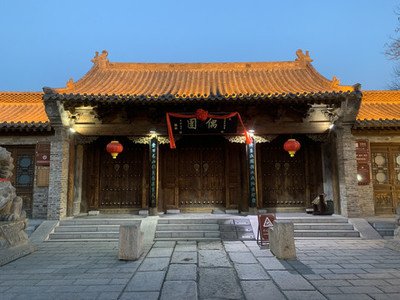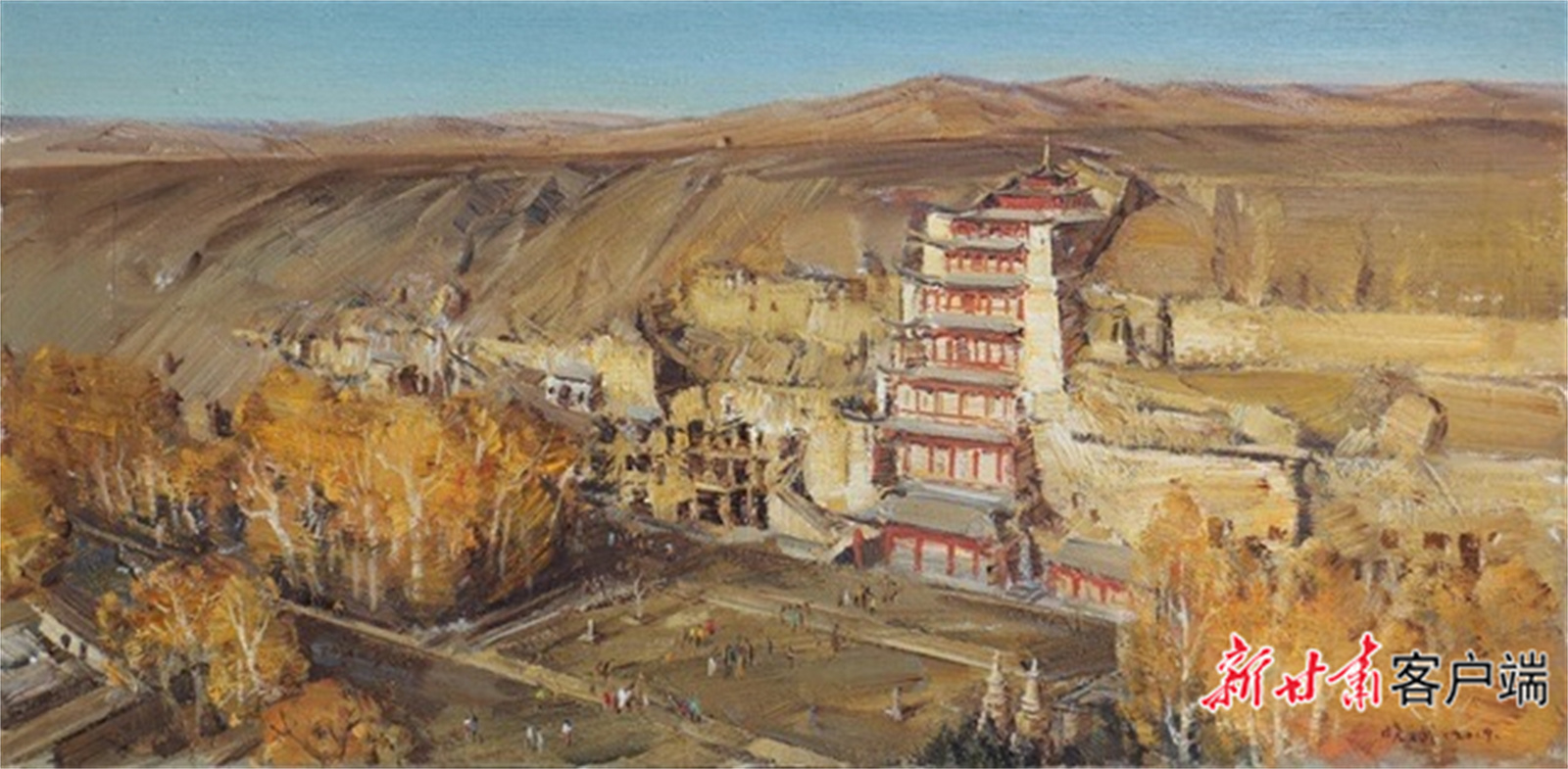Annual Zhongyuan Festival, thinking about the ancestors of the ancestors and the parents "The Middle Yuan Festival Great Shoushou"/Wen Lan Shan
Author:Wen Lan Shan commented on poem Time:2022.08.12
Today is the 15th of the lunar calendar. The Bon Pill Festival of Buddhism is also known as the Buddhist Hiroshi; Taoism is called the Zhongyuan Festival, and it is also the day of the sin of the local officials; and the people call it a "ghost festival" or ancestor sacrifice festival.
Obon means "saving the suspension", which is derived from the story of the Chinese folk "Mu Lian Save Mother". The essential significance lies in the word "filial piety".
The Chinese Yuan Festival is the day of the Taoist officials of the Taoist officials. It is said that on this day, the ancestors can pray for the soul of the ancestors to avoid the soul of the ancestors. The essential significance is also "filial piety."
Therefore, whether it is Buddhism or Taoism, this day is advocating "filial piety", and the benevolent thought advocated by Confucianism.
It is said that this festival can be traced back to ancient times, legendary for thousands of years and enduring. Whether it is ancestor worship, river lamp, or burning paper ingots, people's thoughts on their ancestors have not forgotten because of the rapid development of the times. This is also worthy of fortunate!
Read the first poems together and remember the ancestors who died together.

1. Original poem
"China Yuan Festival Too longevity"
【Ming】 Li Zhishi
Taking the clothes to surprise this month, the dream of the township was the autumn anvil.
The situation is worthless, who has no heart.
Money was funded by Buddha, and Xiang Wan took advantage of the forest.
Refueling family church recommended, tears.
2. My understanding and translation
First pass: literal translation
When washing the clothes with a pestle, I was surprised to this month (so bright), miss the dream of my hometown, starting with the sound of washing clothes in this fall.
Moreover, it is the Obon Festival, who has no filial piety for children.
The money was spent to support the Buddhist monks, and took advantage of this opportunity to put the sacrifice incense in the Buddhist temple.
I remembered the spiritual hall of sacrifice ancestors at home, tears wet clothes.

It felt a little stiff, so I translated it again.
Second pass: free translation
On the night of the Zhongyuan Festival, the poet fell asleep. In the dream, he seemed to hear the sound of washing his clothes. After being awakened by the sound, he looked out the window, the bright moonlight.
Thinking of today is the Obon Festival, who is a child, who has no filial piety?
I was already passing by longevity, giving the Buddha monks, and also put the bowl of sacrifice to sacrifice my ancestors.
Thinking of the home and spiritual hall that is thousands of miles away, tears sprinkle your clothes.

Third, in -depth analysis
Judging from the two different translation results, the free translation is more in line with the original intention of poetry.
This poem tells about a wandering wandering. On the day of the Chinese Yuan Festival, he misses his hometown and the dead.
Li Zhishi, the author of this poem, is a native of Xinhui Dongting in the Ming Dynasty, which is now from Dongting, Jiangmen City, Guangdong Province. He is the author of "Xinhui County Chronicle", "Gangzhou Relics", "Journey to the North", "South Gui Cao" and so on. The year of birth and death is unknown. Today, it is considered a fate. Three or five hundred years later, Mr. Li Zhishi probably did not expect that on the day of the Chinese Yuan Festival, someone translated and appreciated his poems, haha!
If I did not guess the wrong guess in this poem, it should be a "money monk". When it was circulated, there was a single person. Therefore, when I translate, I translate it according to the "Buddhist monk" and should be corrected.
In this poem, "Tingle the clothes of this month, the dream of the township is the autumn anvil." The two poems of Li Bai, the great poet of the Tang Dynasty, "Changan a month, 10,000 households pounding the sound of clothes."
"The situation is worthless, who has no inch heart." The "who speaks the heart of the heart of the Tang Dynasty poet Meng Jiao, the poet of the Tang Dynasty, reported San Chunhui."
Therefore, this word will stand out from hundreds of poems and enter my translation library.
Through the entire network, no translation and annotation of this poem was found. The title party was a lot, so I had to try "crab" again. Regardless of right or wrong, right to learn and communicate.
Since then, this poem has also been regarded as real translation and appreciation.

In the end, I want to say that the Chinese Yuan Festival is a festival for traditional Chinese folk sacrifices, an important carrier of Chinese filial piety culture, and an important way for the nation to endure. However, the folk customs of the Chinese Yuan Festival are popular in Southeast Asian countries, especially when sky lanterns and river lights. In our own, it is a little cold.
I hope that we can continue to inherit folklore, continue to adhere to the traditional virtues of thousands of years, be grateful for parents, support their parents, worship their ancestors, and have a good ancestor Hong Enhord, and live a good life.
Disclaimer: This article is the original article of Wen Lan Shan, please indicate the source for reprinting! The picture is selected from the Internet. If there is something wrong, please contact delete.
- END -
Lile and Music Shandong | Weifang: [Create the Capital of East Asian Cultural Capital] The story behind Qi Garden in Qingzhou

The Qi Garden of Qingzhou, Shandong was originally the Hengwangfu Garden of the Mi...
On June 25, go to the Yellow River Tower of Lanzhou to watch the oil painting exhibition

Welfare oil painting works. (Photo confession of the Provincial Literary Cultural ...